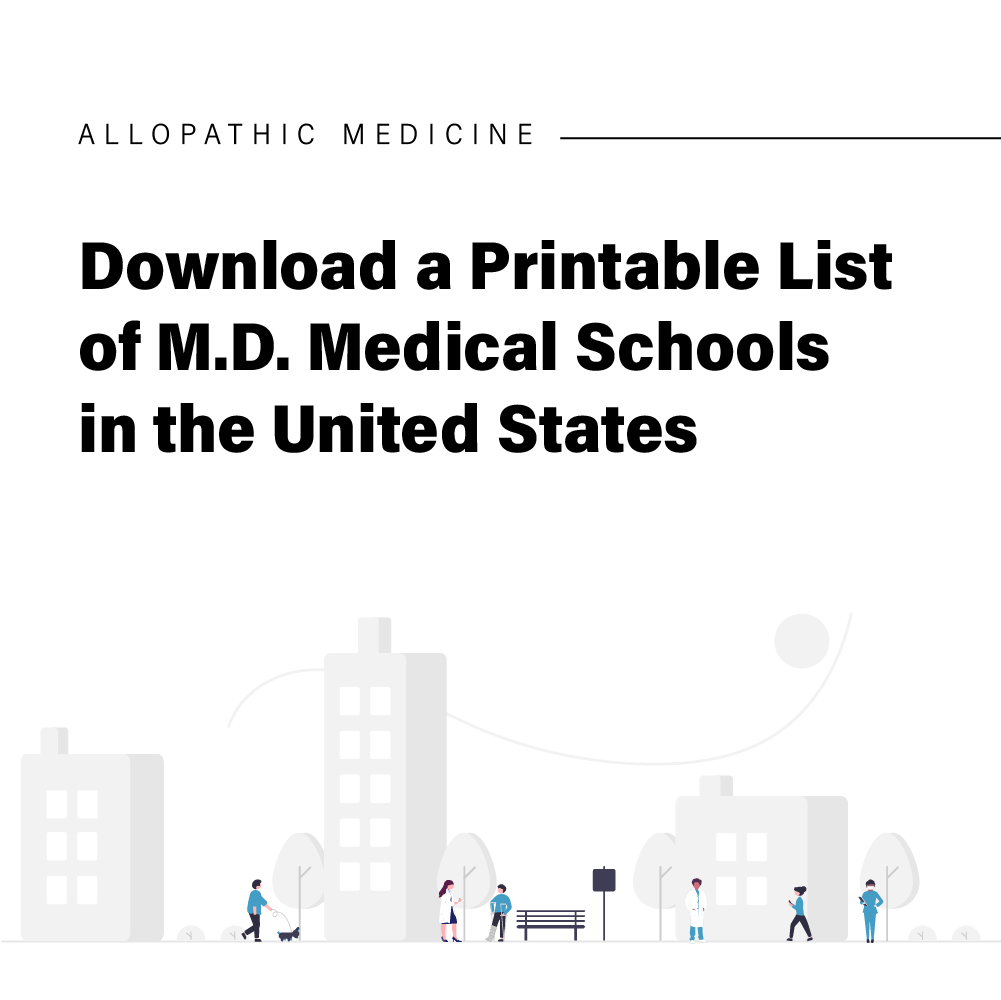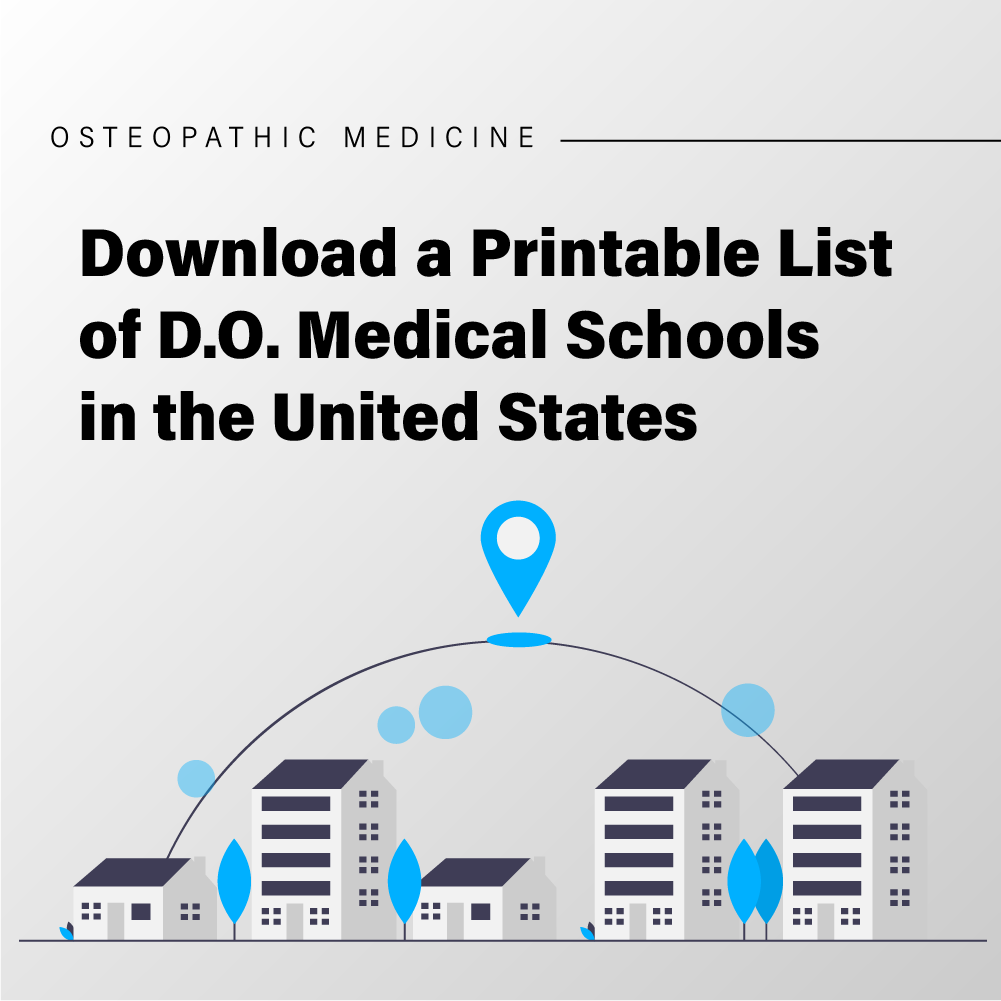A BS-MD degree is a dual degree program that offers both an undergraduate Bachelor’s of Science degree and a medical degree. In this guide, we will cover everything you need to know about BS-MD degrees and programs.
Table of Contents
- What is a BS/MD degree?
- How long do BS/MD degrees take to complete?
- When should you apply to BS/MD programs?
- What are the prerequisites?
- How can I best prepare for BS/MD programs?
- What job opportunities are available with this degree?
- Is the BS/MD dual degree worth it?
- Which medical schools offer BS/MD degrees?
What is a BS-MD degree?
BS-MD programs provide a seamless transition from undergrad to medical school without a break in between. These programs link high school students to medical schools. In other words, these programs give high school seniors conditional acceptance to MD programs.
Most programs require students to complete a Bachelor of Science prior to entering medical school. A few programs, however, allow students to complete a Bachelors of Art instead (as long as they satisfy their premedical requirements).
BS-MD degrees offer unique opportunities to students who recognize their passion for medicine at an early age. During college, these programs provide students access to resources that ensure they have the proper support to excel in their premedical courses.
How long do BS-MD degrees take to complete?
A BS-MD program does not necessarily shorten the time students are in college or medical school, even though it does help accelerate the admission process. Usually, programs last eight years, split into four years for an undergraduate degree and another four years to earn a medical degree.
Pro-Tip: You can shorten your undergraduate years by getting good scores on your AP or IB high school exams for college credit! While you may not be able to use all of your AP/IB credits towards science premedical prerequisites, you can use some to fulfill general education requirements such as English, History, Art, or Communication.
When should you apply to BS-MD programs?
You must apply during your senior year of high school. Preparing for the application will be an active process during your entire high school years. You should tailor your whole high school education to demonstrate your ability to thrive in medical school academically. Your preparation will not be a race–it’s a marathon! Deadlines for BS-MD programs are often earlier than regular undergraduate degree programs, so prepare to spend your summer of senior year preparing your application!
Some universities have similar programs that offer early assurance to sophomores or even first-year students in college. These programs are identical to BS-MD programs, as they provide conditional acceptance to a partner medical school. However, read the fine print! These programs have specific requirements for medical school admissions.
What are the prerequisites?
Prerequisites vary by program. Some may require standardized test scores from high school to apply to the dual degree. The dual degree program may ask that you choose from specific majors to complete the Bachelor’s degree. To begin the MD program, you must complete all premedical courses and achieve a threshold mark on the MCAT exam.
How can I best prepare for BS-MD programs?
Start early! If you are a freshman in high school or even college, there is still time to prepare for select programs. Most students who apply to BS-MD programs have known from an early age that they are interested in medicine and want to go to medical school. If this is you, then you know that you must prepare in high school. Here are some tips!
- Volunteer and build up clinical experience
- Participate in a summer program with a pre-med or research (or both!)
- Take Advanced Placement (AP) or International Baccalaureate (IB) courses and exams for college credit.
- Prepare to answer the “Why Medicine” prompt of your applications.
- Practice your interviews with teachers and advisors, including other physicians who mentor you.
- Do your research early! Be diligent in understanding all prerequisites and expectations for each program.
What job opportunities are available with this degree?
The BS-MD degree prepares students to transition to medical school after graduating from college immediately and is the only joint degree that does not result in two graduate degrees. The medical degree will prepare you for residency and fellowships that will further your training as a physician.
Is the BS-MD dual degree worth it?
One of the benefits of the BS-MD dual degree is that it provides a streamlined process to medical school, but the commitment to this path begins early in life. If you have known from an early age that being a physician is the right career for you and you don’t want to take time off after college, a BS-MD may be for you. However, BS-MD dual degrees are more competitive than MD programs, with a 2% acceptance rate.
To get a sense of whether you would like a career in medicine, shadow physicians and gain clinical experience as soon as you can. This path does not allow wiggle room for time off after graduating from college, which is essential to consider! Taking no time off also means that you don’t get extra time to enhance your application, extracurriculars, or GPA. You must cultivate and work on your path to the BS-MD dual degree from an early age and be diligent in achieving high grades along the way.
The BS-MD degree also requires you to stay in one place for at least 6-8 years since you will complete your undergraduate and medical degree at the same university (or neighboring institutions). Most importantly, the BS-MD dual degree requires an immense sense of self and maturity to commit to a lifelong professional path at the age of 18.
Which medical schools offer BS-MD degrees?
Here is a list of all the medical schools that offer BS/MD degrees:
- Albany Medical College (ALBANY MED)
- Baylor College of Medicine (BCOM)
- Case Western Reserve University School of Medicine (CWRU SOM)
- Charles E Schmidt College of Medicine at Florida Atlantic University (FAU COM)
- Cuny School of Medicine (CSOM)
- Donald and Barbara Zucker School of Medicine (ZUCKER SOM)
- Drexel University College of Medicine (DU COM)
- Howard University College of Medicine (HOWARD COM)
- Lewis Katz School of Medicine at Temple University (TEMPLE MS)
- Marshall University Joan C Edwards School of Medicine (MUSOM)
- Medical College of Georgia at Augusta University (MCG)
- Ponce Health Sciences University School of Medicine (PHSU SOM)
- Renaissance School of Medicine at Stonybrook University (STONYBROOK SOM)
- Rutgers New Jersey Medical School (NJMS)
- Rutgers Robert Wood Johnson Medical School (RWJMS)
- Saint Louis University School of Medicine (SLU SOM)
- Sidney Kimmel Medical College of Thomas Jefferson University (JEFFERSON U)
- State University of New York Downstate Medical Center College of Medicine (SUNY DOWNSTATE MED)
- State University of New York Upstate Medical University (SUNY UPSTATE MED)
- Warren Alpert Medical School of Brown university (BROWN MED)
- University of Alabama School of Medicine (UAB SOM)
- University of Central Florida, College of Medicine (UCF COM)
- University of Chicago Division of Biological Sciences the Pritzker School of Medicine (UC SOM)
- University of Cincinnati College of Medicine (UC COM)
- University of Connecticut School of Medicine (UCONN SOM)
- University of Illinois College of Medicine (UI COM)
- University of Miami Leonard M Miller School of Medicine (U MIAMI SOM)
- University of Michigan Medical School (U MICH MS )
- University of Missouri Kansas City School of Medicine (UMKC SOM)
- University of Nevada, Reno, School of Medicine (UNR SOM)
- University of New Mexico School of Medicine (UNM SOM)
- University of Rochester School of Medicine and Dentistry (U ROCHESTER MED)
- University of South Carolina School of Medicine Columbia (UofSC SOM)
- University of Virginia School of Medicine (UV SOM)
- USF Health Morsani College of Medicine (USF HEALTH)
- Vanderbilt University School of Medicine (VU SOM)
- Virginia Commonwealth University School of Medicine (VCU SOM)
Further reading:
Useful Learning Websites for Premeds



